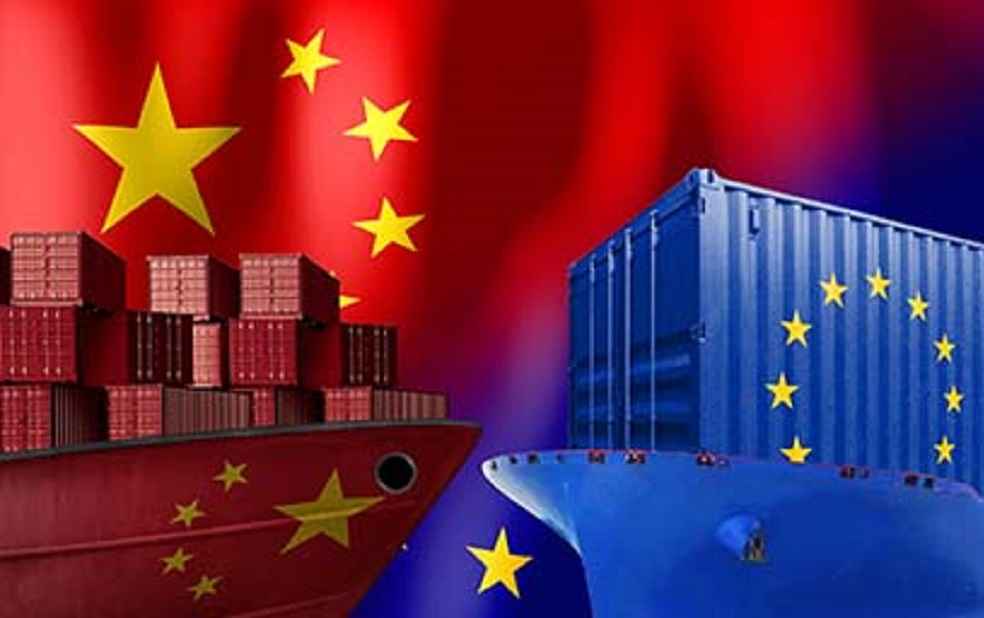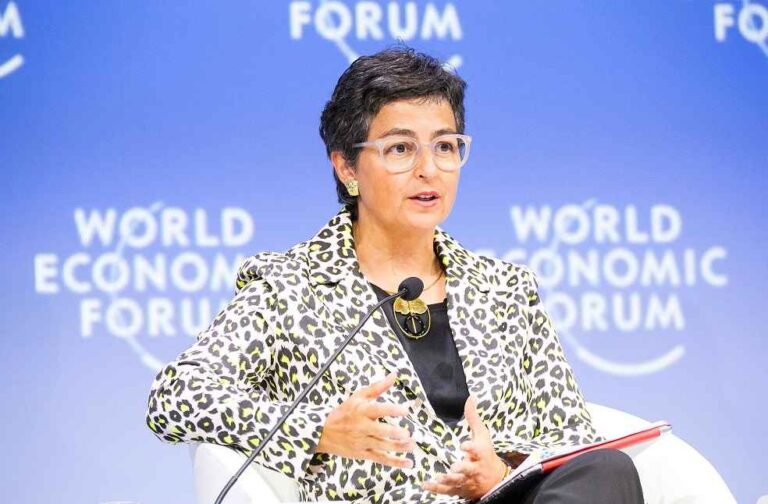China and the European Union should deepen their trade ties by promoting open markets and reinforcing a rules-based global trading system, Arancha González, Dean of the Paris School of International Affairs at Sciences Po and former Foreign Minister of Spain, said during the Boao Forum for Asia Annual Conference 2025 in Boao, Hainan Province.
Her remarks come as the new US administration adopts increasingly protectionist measures, including a recent decision to impose 25% tariffs on all imported vehicles, a move that has heightened global trade tensions.
Despite the challenging backdrop, González emphasised the potential for China and the EU to strengthen their relationship. “China and the EU need a functional trade relationship, which currently requires improvement,” she noted, highlighting shared values such as open markets, a rules-based international order, and a commitment to climate action and global cooperation.

Commenting on the ongoing EU- China dispute over electric vehicle tariffs, González acknowledged the existence of disagreements but framed them as natural in large-scale trade relationships. “There are trade disputes, but they are normal when you have a big trade relationship with each other,” she said.
Marking 50 years of diplomatic relations in 2025, China and the EU have established themselves as major trade and investment partners. According to China’s Ministry of Foreign Affairs, bilateral trade in 2024 reached $785.8 billion, with investment stock between the two sides totalling $260 billion.
González also pointed to the growing influence of Asia in global trade, referencing the region’s large trading bloc comprising China, Japan, South Korea, ASEAN, Australia, and New Zealand. “Looking at the world, there are three major poles or engines of trade and growth: the US, Europe, and China… Over the past decades, China has grown into a key player and a major market for international trade,” she added.

On US trade policy, González criticised Washington’s shift toward unilateralism. “The US has largely benefited from globalization, but it does not like to bear the costs of an open market… If the US becomes more isolated, the likely result is that countries will trade more among themselves and less with the US,” she said.
She also voiced concern over the US questioning the value of open markets, international trade, and the World Trade Organization. “We still see huge benefits from open markets and being part of the WTO,” she stated, encouraging nations opposed to US unilateralism to maintain openness and adhere to international rules. “If they do, they will succeed, as there is strong global demand for open trade.”
BUSINESS GENERAL | Vietnam, Peru Deepen Trade Ties, Harness CPTPP to Boost Economic Cooperation



